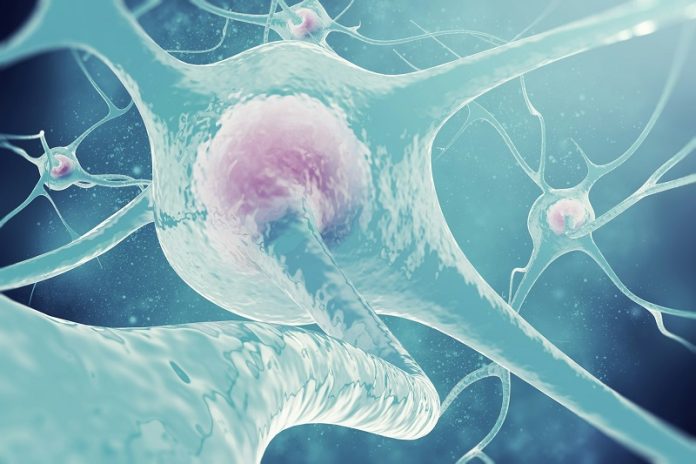

New research has found a strong link between eating inflammatory foods and a higher risk of dementia.
Scientists from UT Health San Antonio, Boston University, and the Framingham Heart Study discovered that people with diets high in inflammatory foods are 84% more likely to develop dementia, including Alzheimer’s disease (AD).
Dementia is a growing concern, with cases expected to reach 152 million worldwide by 2050, according to the World Health Organization.
While progress has been made in treatments, experts believe prevention is key—and diet may play a major role.
The study, published in Alzheimer’s & Dementia, used the Dietary Inflammatory Index (DII), a tool that measures the inflammatory potential of foods.
The DII scores foods based on whether they increase or reduce inflammation.
Anti-inflammatory foods include fiber, vitamins (A, C, D, and E), omega-3 fats, and flavonoids. Pro-inflammatory foods, like saturated fats, processed carbohydrates, and high-calorie foods, drive inflammation in the body.
Researchers followed 1,487 people aged 60 and older, all free of dementia at the start. They analyzed their eating habits using food frequency questionnaires and tracked their health for 13 years. During that time, 246 participants developed dementia, including 187 cases of Alzheimer’s disease.
The results were clear: higher DII scores, meaning more inflammatory diets, significantly raised dementia risk.
For every unit increase in the DII score, the risk of dementia rose by 21%, and those with the most inflammatory diets were 84% more likely to develop dementia compared to those with the least.
Why does inflammation matter? Chronic inflammation in the body may worsen brain inflammation, contributing to the buildup of amyloid-beta plaques, a key feature of Alzheimer’s disease.
On the other hand, anti-inflammatory nutrients like omega-3s and flavonoids may protect the brain by reducing harmful cytokines and supporting overall brain health.
While this study doesn’t prove that diet alone causes dementia, the findings strongly suggest that reducing inflammatory foods and increasing anti-inflammatory ones could be a smart way to protect brain health.
Experts recommend diets like the Mediterranean or MIND diet, rich in fruits, vegetables, whole grains, nuts, and fish, which have been shown to slow cognitive decline. Tools like the DII could help healthcare providers guide people toward better food choices to lower their dementia risk.
By making simple dietary changes, such as eating more anti-inflammatory foods and cutting back on processed, high-fat options, we may be able to protect our brains and reduce the risk of dementia over the long term.
If you care about dementia, please read studies about dietary strategies to ward off dementia, and how omega-3 fatty acids fuel your mind.
For more health information, please see recent studies about Choline deficiency linked to Alzheimer’s disease, and what to eat (and avoid) for dementia prevention.







Leave a Comment